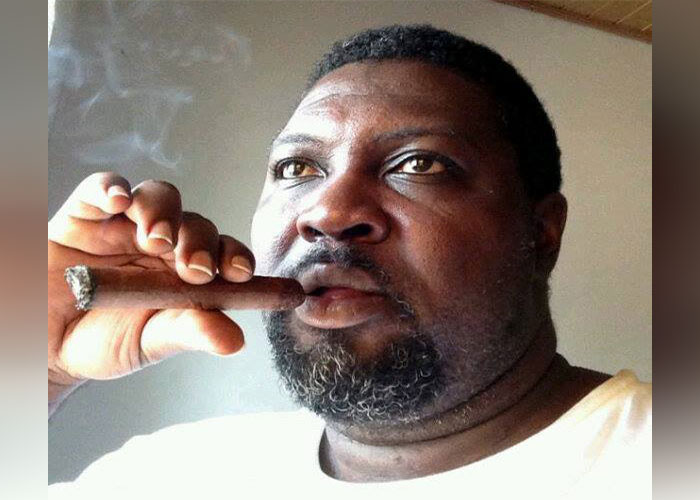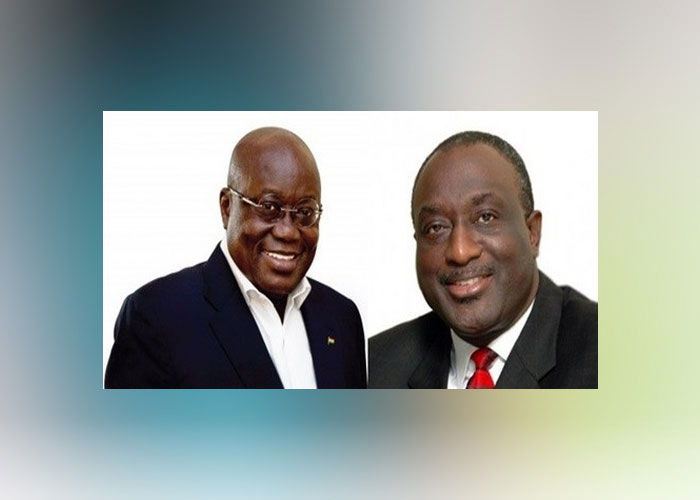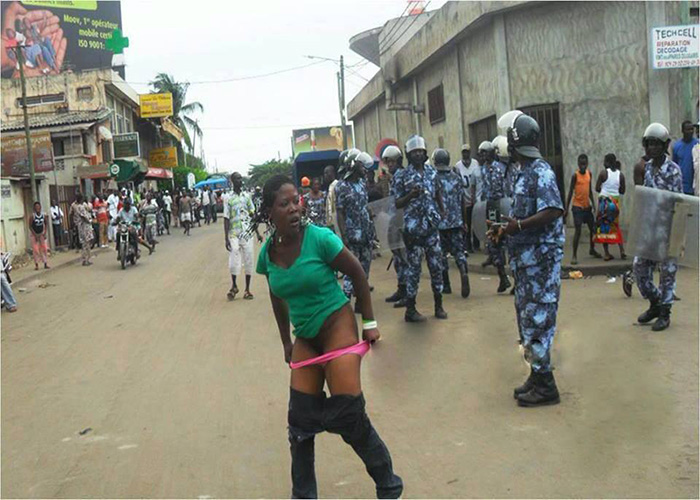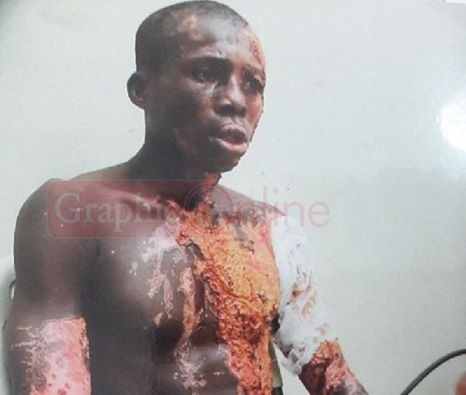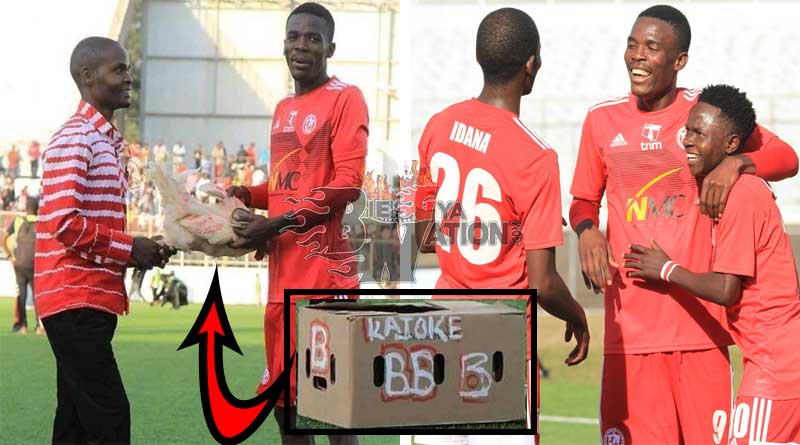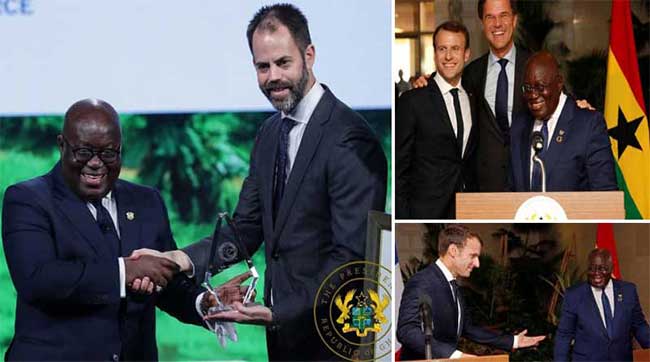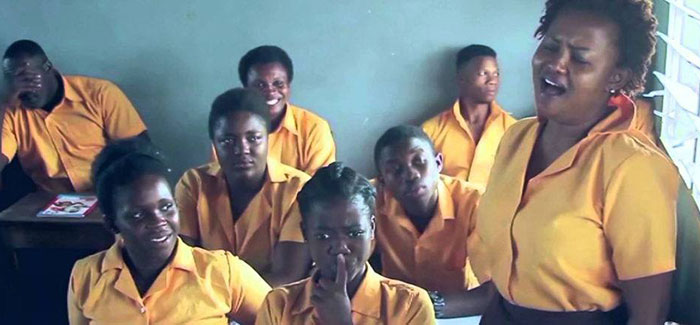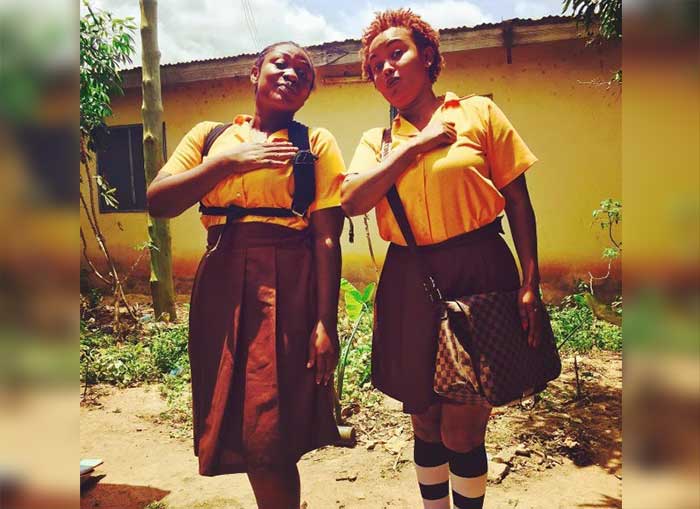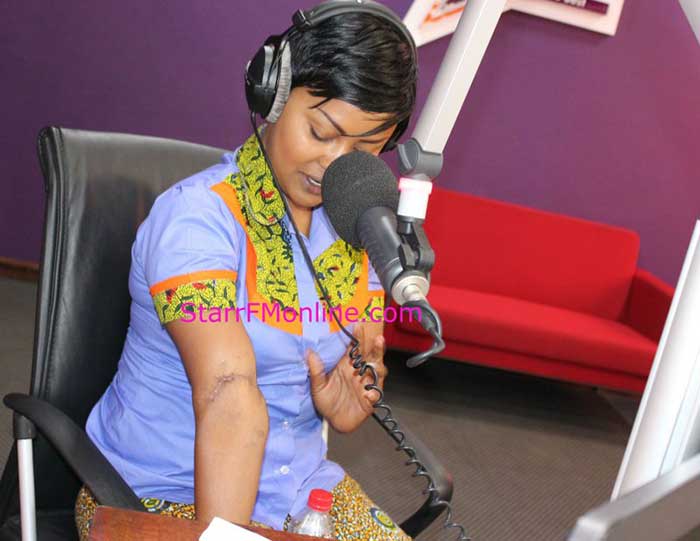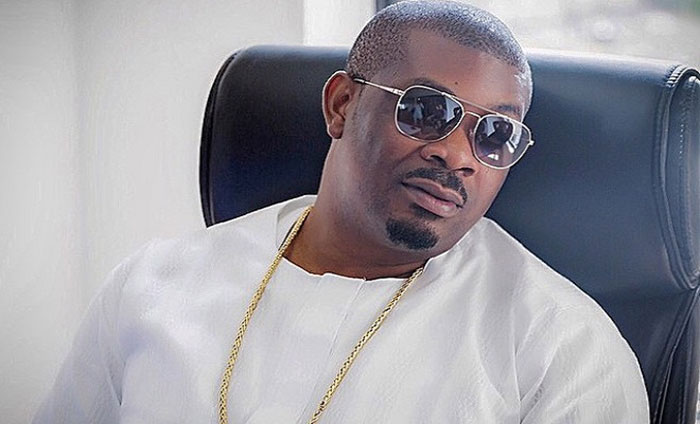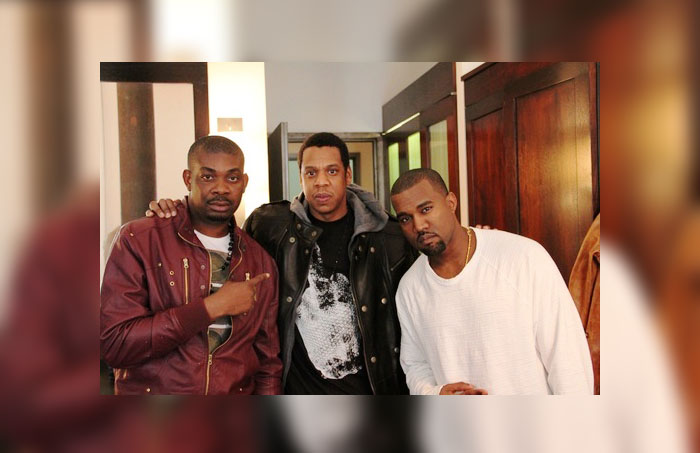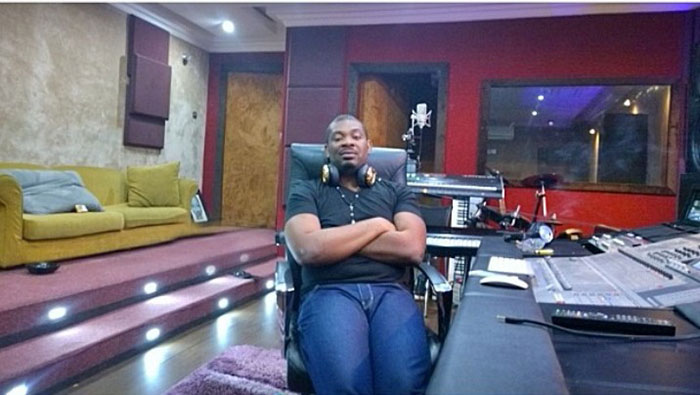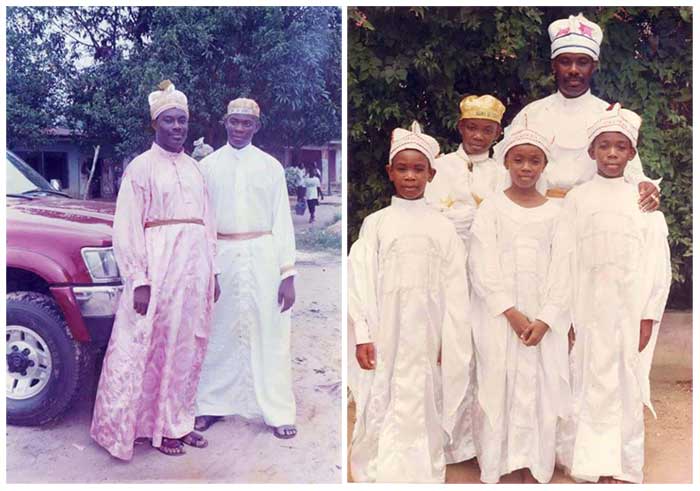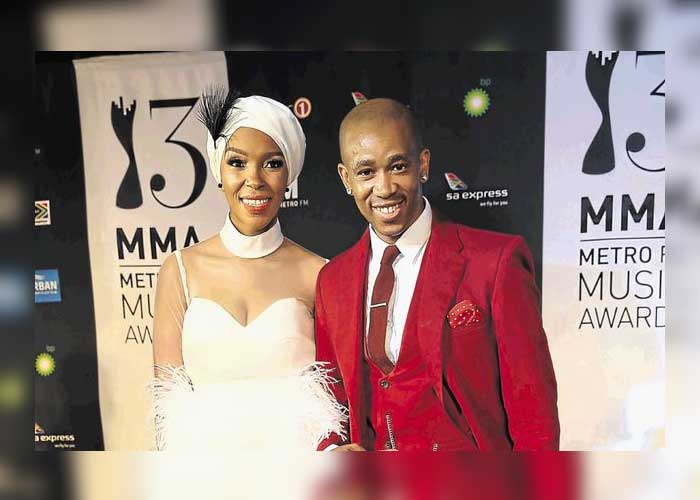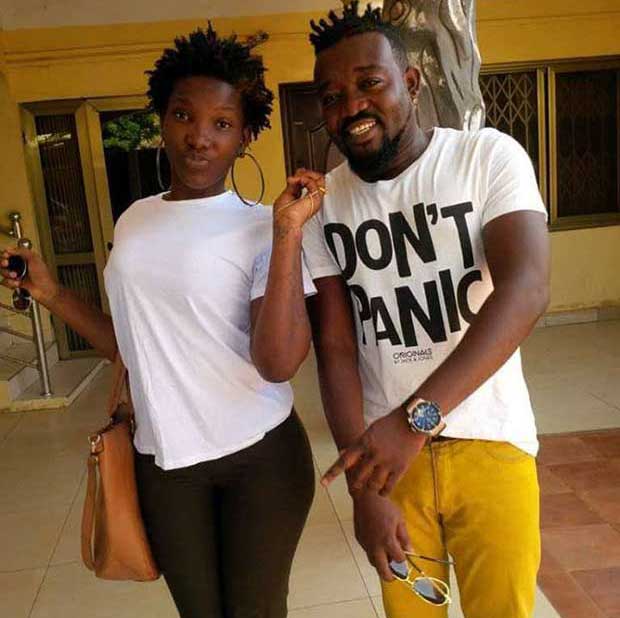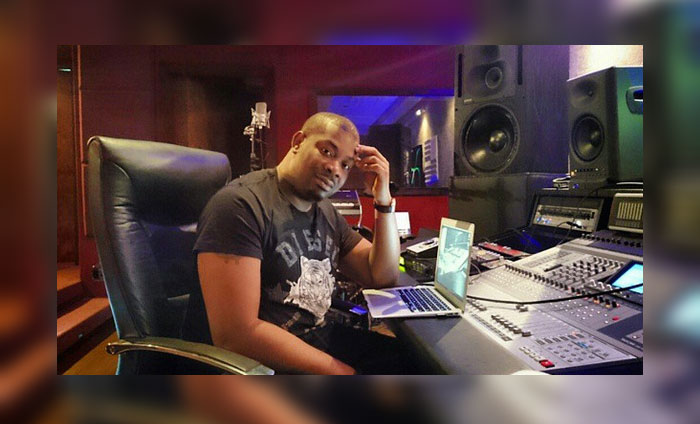Business & Finance
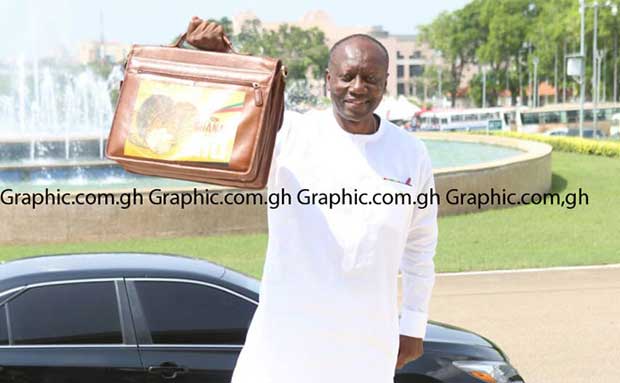
- Super User
- Category: Business & Finance
- Thursday, 02 March 2017 16:31
81. Mr. Speaker, based on the revenue and expenditure estimates, the 2017 budget will result in an overall budget deficit of GH¢13.2billion, equivalent to 6.5 percent of GDP.
82. Financing of the deficit will be from both domestic and foreign sources. Net Domestic Financing is estimated at GH¢14.6 billion, equivalent to 7.1 percent of GDP, and includes financing from divestiture proceeds of GH¢1.8 billion. Net foreign financing is estimated to constitute a net repayment of GH¢1.3 billion,
equivalent to 0.6 percent of GDP. An amount of GH¢300.7 million, equivalent to 0.1 percent of GDP is estimated to be saved in the Ghana Petroleum and Contingency Funds while the Sinking Fund is expected to be drawn-down by GH¢716.1 million.
Projection of 2017 Petroleum Receipts and allocation
83. Mr. Speaker, the estimated Benchmark Revenue (BR) price for crude oil is US$56.142 per barrel for 2017 with a benchmark output of 43,875,920 barrels (120,208 bopd) and 32,512,497 MMBtu for oil and gas, respectively.
84. The petroleum revenue for 2017 is estimated at US$515.64 million, with BR projected at US$242.08 million.
85. Mr Speaker, the second 3-year cycle for the review of the petroleum revenue distribution formula, as stipulated in the PRMA, has elapsed. We would like to request this august House to maintain the existing distribution formula as follows:
♦ 30 percent of the net Carried and Participating Interest to GNPC;
♦ 70 percent of net receipts (after GNPC‟s) to the ABFA;
♦ 30 percent of net receipts (after GNPC‟s) to the Ghana Petroleum Funds;
♦ 30 percent of the amount allocated to the Ghana Petroleum Funds to the Ghana Heritage Fund; and
♦ 70 percent of the amount allocated to the Ghana Petroleum Funds to the Ghana Stabilisation Fund.
86. We would also like the House to approve the following priority areas for the spending of the ABFA for 2017-2019, in line with the PRMA:
♦ Agriculture;
♦ Physical Infrastructure and Service Delivery in Education;
♦ Physical Infrastructure and Service Delivery in Health; and Road and Rail Infrastructure Development.
The Medium Term Debt Strategy and Debt Sustainability Analysis
87. Mr. Speaker, the debt strategy for the medium term would be to manage the public debt at the lowest cost and at prudent levels of risk to bring our debt to GDP ratio to 65 percent over the medium term.
88. Consequently, in accordance with the requirement of the Public Financial Management Act, 2016 (Act 921), my Ministry will conduct and publish a Debt Sustainability Analysis (DSA) and update the MTDS to guide the borrowing plan and operations. The reports will inform policy decisions, leading to the reduction in the debt burden and insulation against other fiscal vulnerabilities.
SECTORAL PERFORMANCE AND OUTLOOK
89. Mr. Speaker, the sectoral policies are designed to achieve our broad objectives of jobs and wealth creation and macroeconomic stability while ensuring compliance with the PFM Act. Permit me to update this august House on the performance of some key sectors of the economy and the outlook for 2017 and the medium term. I will begin with this August House;
PARLIAMENT OF GHANA
90. Mr. Speaker, Parliament continued to discharge its mandate through the consideration of 181 Papers including 25 Bills, four Legislative Instruments (L.Is), eight Constitutional Instruments (C.Is), 19 Loan Agreements and 39 Committee Reports. Out of the 25 Bills laid, 18 were passed into law.
91. Parliament also facilitated the establishment of the Scrutiny Office to provide expert analysis of policy measures on Bills, the budget, loan agreements and international financial transactions brought before the House for approval. In 2017, the Office will be strengthened to undertake pre-legislative scrutiny of bills through research and information pursuant to the PFM Act.
92. Mr. Speaker, Parliament will complete the review of its Standing Orders to open up committee meetings to the public and empower committees to undertake independent investigations, and summon witnesses and government officials to appear before it.
93. The Parliamentary Training Institute established in 2016 will be strengthened to undertake and promote research in parliamentary democracy. A Strategic Plan for the take-off of the Institute will be developed in 2017.
AGRICULTURE
94. Mr Speaker, the government recognizes agriculture as the main anchor of the country‟s economy. Unfortunately we have witnessed a steady decline in the sector and production levels have fallen consistently over the years. In the medium term, we intend to modernize the sector to improve productivity and achieve food security and profitability for our farmers.
95. Mr Speaker, in 2017 government will launch the “Planting for Food and Jobs” campaign.
96. The campaign is designed to encourage all citizens (both urban and rural) to take up farming as a full or part-time activity. It is intended to structure it along the lines of the erstwhile “Operation Feed Yourself” (OFY) programme in the 1970s. The campaign will involve the production of maize, rice, soybean, sorghum and vegetables. Other crops will be adopted in subsequent years.
97. The campaign will be anchored on five pillars namely:
♦ Provision of improved seeds;
♦ supply of fertilizers;
♦ provision of dedicated extension services;
♦ marketing and
♦ E-Agriculture and Monitoring.
98. This initiative is expected to increase the production of maize by 30 percent from current production levels, rice by 49 percent, soybean by 25 percent and sorghum by 28 percent. This will create 750,000 jobs in both direct and indirect employment.
99. The Ministry will import improved seeds to augment any shortfall for the “Planting for Food and Jobs” campaign.
100. Mr. Speaker, in 2017, the Ministry will continue the Fertilizer Subsidy Programme to help increase the productivity of farmers. To this effect, we intend to distribute nationwide, an expected 180 thousand metric tonnes of subsidized fertilizer.
FISHERIES
101. Mr. Speaker the fisheries subsector employs a significant number of our people especially along the coastal areas. Over the past years, efforts have been made to also boost both marine and inland fishing and support aquaculture development. However we believe that we need to modernize the artisanal fishing methods to ensure sustainable fishing and also improve production levels.
102. To modernize and transform the industry, the Ministry will complete phase one of the Anomabo Fisheries College to enhance research and knowledge-base in fisheries technology for all operators. It will also collaborate with relevant institutions and the private sector to develop modern landing sites and storage facilities at James Town, Cape Coast, Axim and Mumford.
TRADE AND INDUSTRY
103. Mr. Speaker the country‟s industrial sector faces significant challenges. The principal ones of which are lack of access to finance, high interest rates, inadequate and poor quality raw materials for industrial processing, poorly developed domestic trade and an unreliable and expensive power source.
104. The goal of government over the medium term is to address these challenges in ways that enable industry to thrive and become a major source of jobs especially for the youth. A number of major policy interventions will be initiated this year as part of this strategy.
105. In 2017, the Ministry will roll out its district level component of the National Export Strategy to develop one export commodity in every district.
106. In 2017, the Ghana Commodities Exchange (GCX) project will establish a state-of-the-art, transparent, and professional market institutions to create an orderly, transparent and ready market for goods that are produced by farmers in the country.
TOURISM, CULTURE AND CREATIVE ARTS
107. Mr. Speaker, Tourism, Culture and Creative Arts remains one of the most underdeveloped sectors in our economy despite the immense growth potential and opportunities for job creation.
108. When developed, the sector can positively impact the lives of many individuals, families, communities and small enterprises in our country and providing needed jobs for our teeming youth. Our objective is to transform the country into a major Meeting, Incentive Conference and Exhibition center (MICE). To facilitate this we will aggressively develop our tourist sites to bring them to world class standards.
109. In 2017, the Government will kick start the Marine Drive Tourism Investment Project covering the over 240 acres of land from Osu Christiansborg Castle to the Arts Center. This project will transform the beach area into a tourism enclave to create jobs for our teeming youth.
110. The Ministry will partner the private sector to develop the Efua Sutherland Park into an ultra-modern world class Park. Specifically for 2017, Mr. Speaker, we will use IT to promote and market tourism via the single portal window.
111. Mr. Speaker, the Ministry will also undertake a food festival to showcase the diverse rich Ghanaian foods through cooking competition throughout the country.
ENERGY
112. Mr. Speaker, this government intends to ensure that Ghanaians enjoy reliable, efficient and affordable power to provide comfort in their homes and support the development and growth of their businesses.
113. In 2016, significant efforts were made to address some of the challenges in the sector. This include an increase in the total installed generation capacity by 880MW. In 2017, Government will continue to increase the installed generation capacity of the country to meet the growing demand for electricity. A total of 1227MW of installed capacity scheduled to be added include: 370MW AKSA project, 107MW GPGC project, 350MW CenPower Project and 400MW Early Power Project among others.
114. Mr. Speaker, ECG and NEDCO will continue with system upgrade projects to improve the quality of power supply to customers. Furthermore, steps would be taken to ensure that outstanding issues surrounding the implementation of the Ghana Compact II are addressed, to allow for its implementation, in order to achieve the desired objectives.
115. Mr. Speaker with regards to oil and gas, Government will work with the Jubilee Partners to address the shortfall in oil and gas production resulting from the 2016 damage on the turret bearing on FPSO Kwame Nkrumah and will adopt a three phase approach to convert the FPSO Kwame Nkrumah to a permanently spread-moored. First gas from the TEN field to the Gas Processing Plant (GPP) is expected in the first half of
2017. GNPC is engaging with the partners to develop an integrated technical and commercial schedule that will target gas start-up in the 2nd quarter of 2018.
Railway Development
116. Mr. Speaker, this government believes that rail will be a major catalyst to drive the growth that we envisage in the coming years. Rail transportation provides safer, cheaper and faster way of moving goods and people to facilitate trade and support economic activity. Our vision is to open up the country and provide new opportunities to our people to do business and trade among themselves.
117. In that regard, government will complete the Sekondi to Takoradi via Kojokrom section and continue with the section from Kojokrom to Tarkwa through Nsuta. This will help improve the operational performance and revenue of Ghana Railway Company Limited (GRCL) and enable the Company wean itself from Government support. In addition, it will enhance the performance and competitiveness of the manganese mine located on the corridor.
118. Work will commence on The Western Line which starts from Takoradi and terminates at Kumasi having two branch lines namely; Dunkwa to Awaso and Kojokrom to Sekondi, covering a distance of 340km. The corridor when completed, will facilitate the haulage of manganese, bauxite, cocoa and other bulk commodities. The Feasibility Studies and Front End Engineering Design (FEED) have already been done on the Line.
119. We will also initiate discussion to secure funding for other major projects, such as, the Central Spine which stretches from Kumasi to Paga covering a distance of 700km. The corridor is a greenfield and will be developed in sections. The sections are Kumasi to Buipe and Buipe to Paga. A prefeasibility study was undertaken on the line, and in 2017, we plan to undertake full feasibility studies to enable the Ministry to invite developers and source funding for the development.
120. The Eastern Railway Line will cover a distance of 330km and starts from Accra to Kumasi with a branch line from Achimota to Tema. When the line becomes operational, it will decongest the port and facilitate the movement of cargo and passengers to Kumasi and its environs.
Click on the next arrow button to continue....







